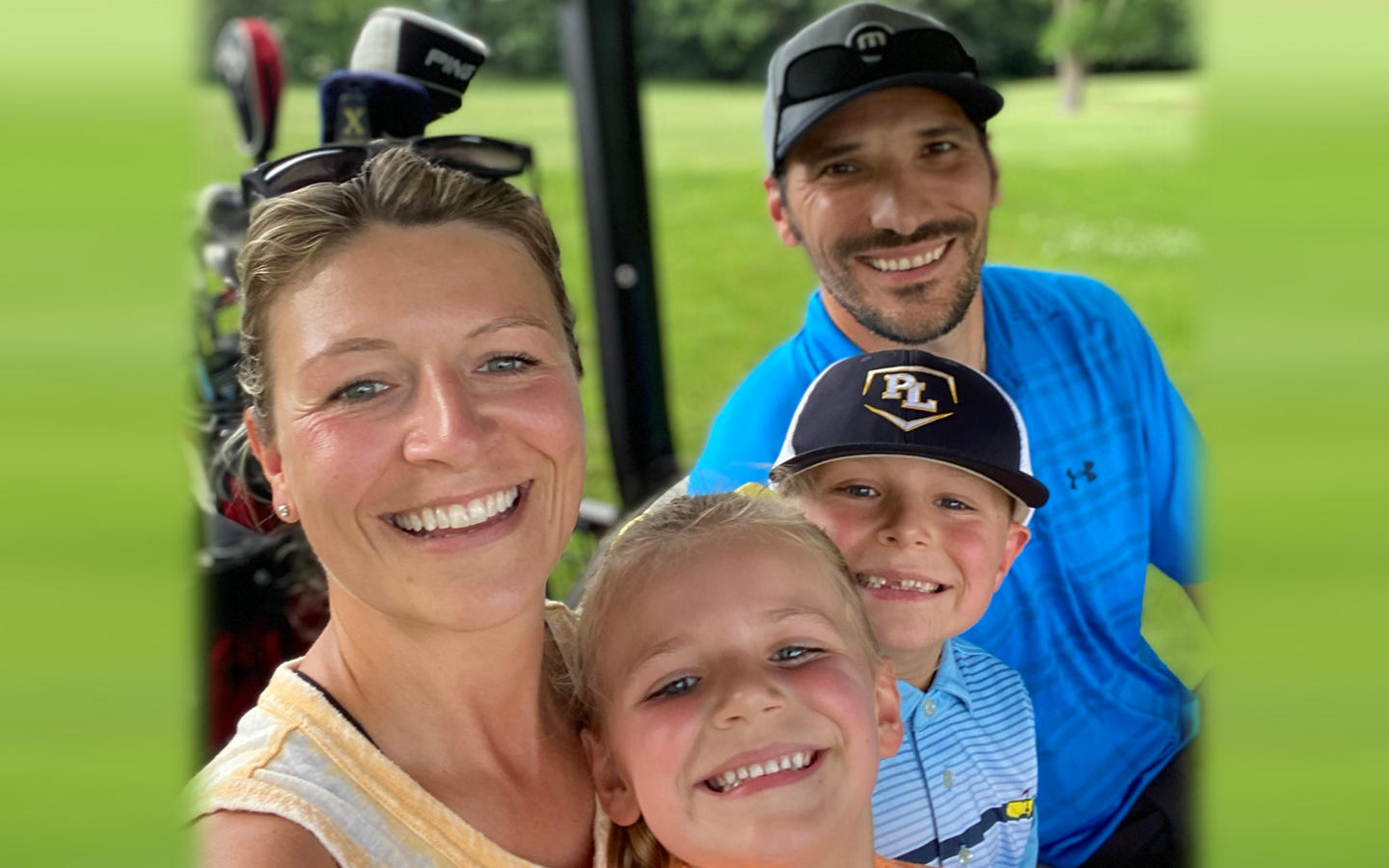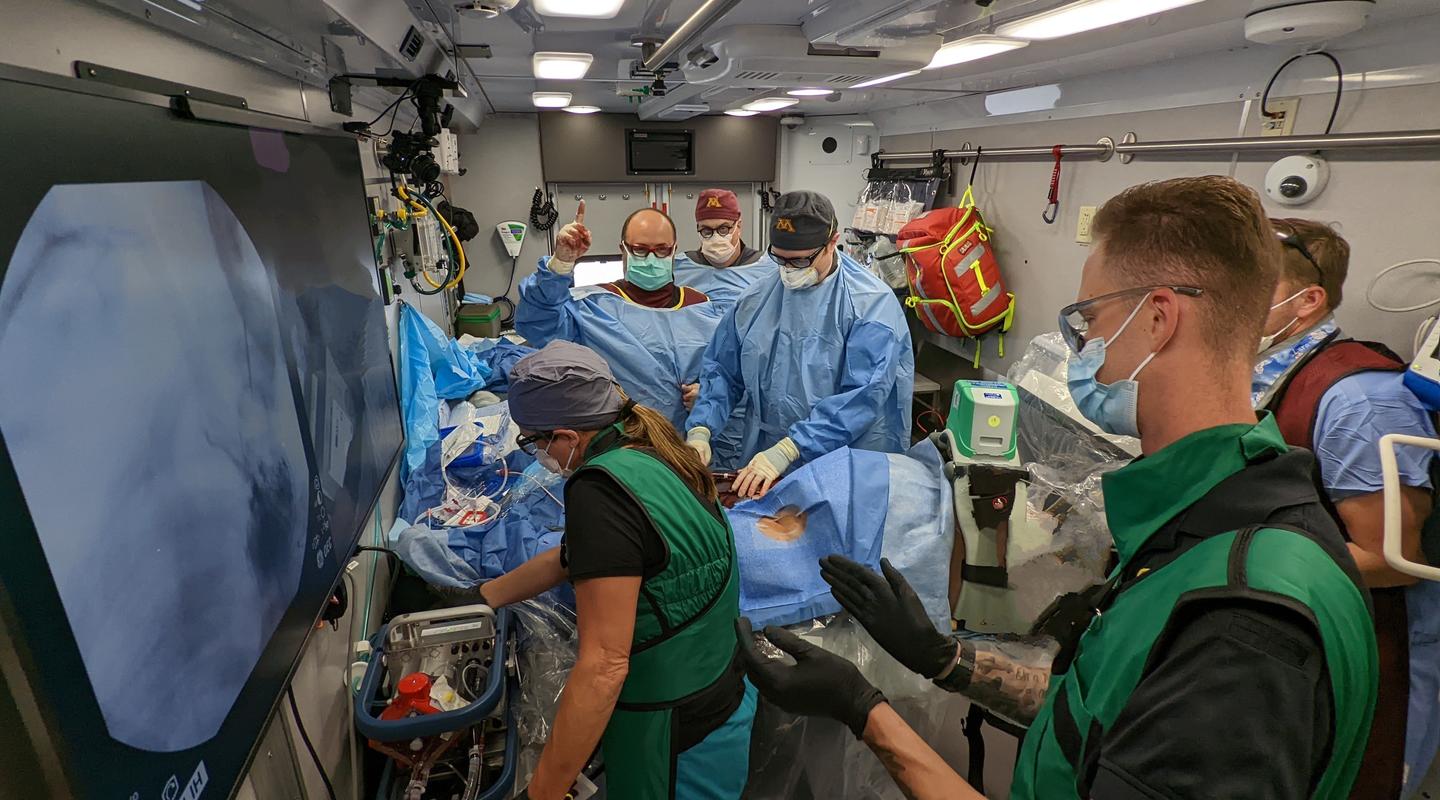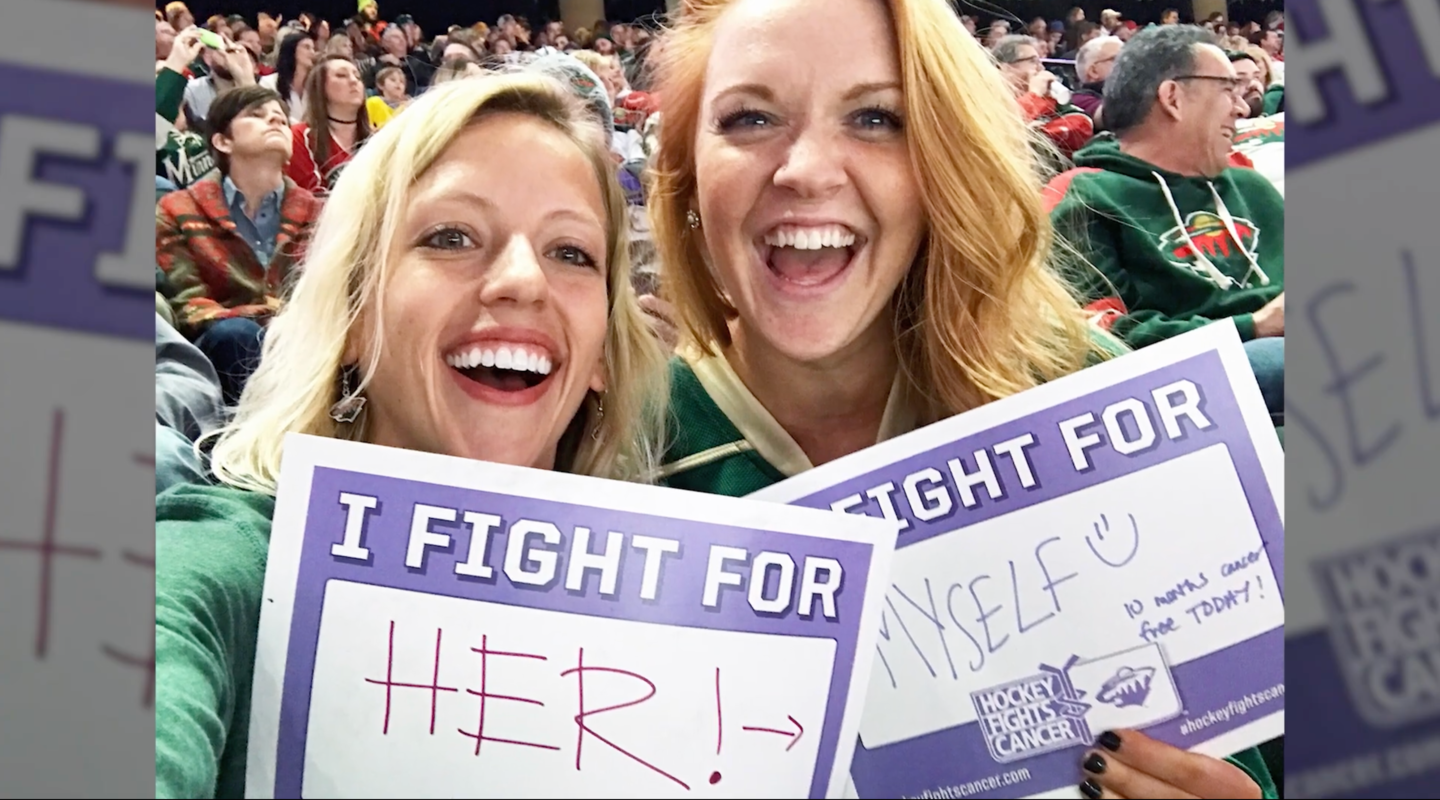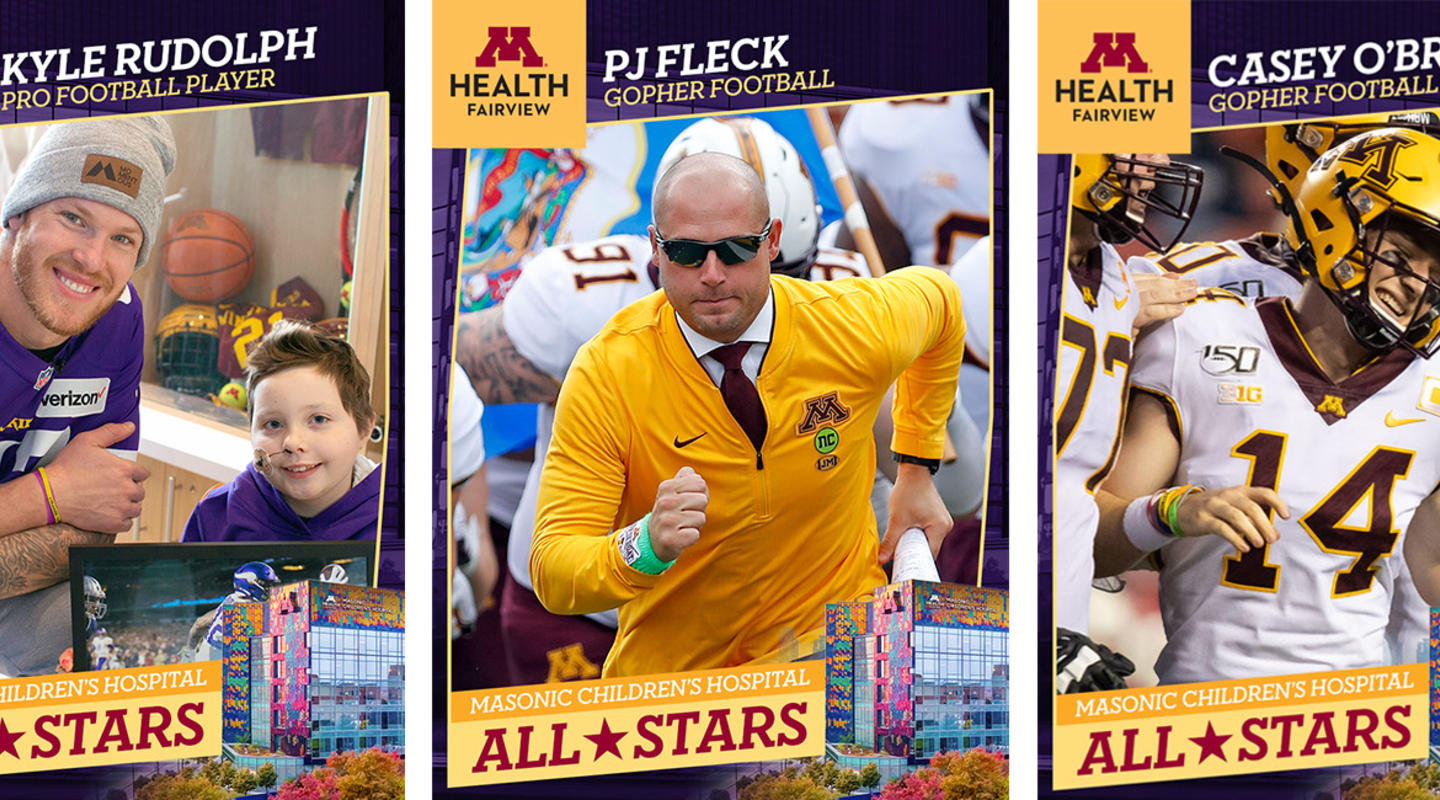
Amy Crnecki and family
When the COVID-19 pandemic hit in spring 2020, Amy Crnecki was diligently masking, social distancing, and washing her hands. The 38-year-old Prior Lake teacher spent as much time as possible outdoors with her unmasked pupils at their nature preschool.
Still, Crnecki was diagnosed with COVID in November of that year. What she didn’t know was that the initial illness—which, though grueling, never necessitated hospitalization—was just the beginning of her health woes.
“For a few days, I had allergy-like symptoms,” she recalls. “Then my legs started feeling like they weighed a thousand pounds. I lost my sense of taste and smell. I got out of breath doing regular [household] tasks, got random chest pains, random headaches. And the ‘brain fog’ … I’d just forget words midsentence.”
Her ensuing battle with “long COVID” would prove to be a months-long ordeal with a heavy toll on her body, mind, ability to work, and capacity to care for her family.
Thankfully, one of Crnecki’s doctors learned about the M Health Fairview Adult Post-COVID Clinic. After six months of cardiac rehab, pulmonary rehab, and occupational therapy (OT) at the clinic, many of Crnecki’s symptoms have receded. Others have been mitigated.
Support Rehabilitation Medicine
Give to the U of M Medical School’s Department of Rehabilitation Medicine
Quest for answers
Why some people develop long COVID remains a mystery—one that University of Minnesota researchers are working furiously to understand, as they also seek therapies to help post-COVID patients regain their quality of life. Of the 22,000 patients in the U’s COVID database, about 5,000, or roughly 23 percent, show post-COVID symptoms weeks after diagnosis, says Leslie Morse, who leads the U of M Medical School’s Department of Rehabilitative Medicine, which supports the clinic.
Obesity seems to increase one’s risk for long COVID, and women appear slightly more susceptible than men. Other risk factors aren’t yet known.
Many, long-haulers share some of the same symptoms Crnecki experienced: fatigue, headache, shortness of breath, brain fog. Loss of taste and smell showed up frequently, taking weeks or months to resolve. Depression, anxiety, gastrointestinal problems, and skin, hair, and nail changes were common, too.
Morse has a patient who is a former and would-be runner who now breaks out in a severe rash every time he breaks a sweat. “We know that there’s a lot we don’t know,” Morse adds. “Maybe the single biggest thing we’ve learned is that this is really unpredictable.”
Validation and rehabilitation
Morse and her colleagues make a point of emphasizing that long COVID is undeniably real when seeing a new patient.
Crnecki’s relief, when M Health Fairview internist Tanya Melnik delivered that message to her in their first meeting, was immense. “I just sobbed the whole time. That’s when I started giving myself space to say, ‘This is not in my head, it’s happening.’”
Attending to mental health is imperative for long haulers, Melnik says. “We already knew COVID can trigger anxiety and depression. Now they have to accept that their [health] is far from normal, and there’s no proven treatment, and returning to normal is going to take a lot of work. Nothing can really prepare you for this.”
With so much still unknown, the clinic team is focusing on easing patients back into exercise and starting other treatments as soon as possible.
“Neurocognitive evaluation, physical therapy, occupational therapy, pulmonary rehab, a neuropsych assessment—these are all things I think can really make a difference,” Morse says. “I see a tremendous role for rehabilitation in these patients.”


